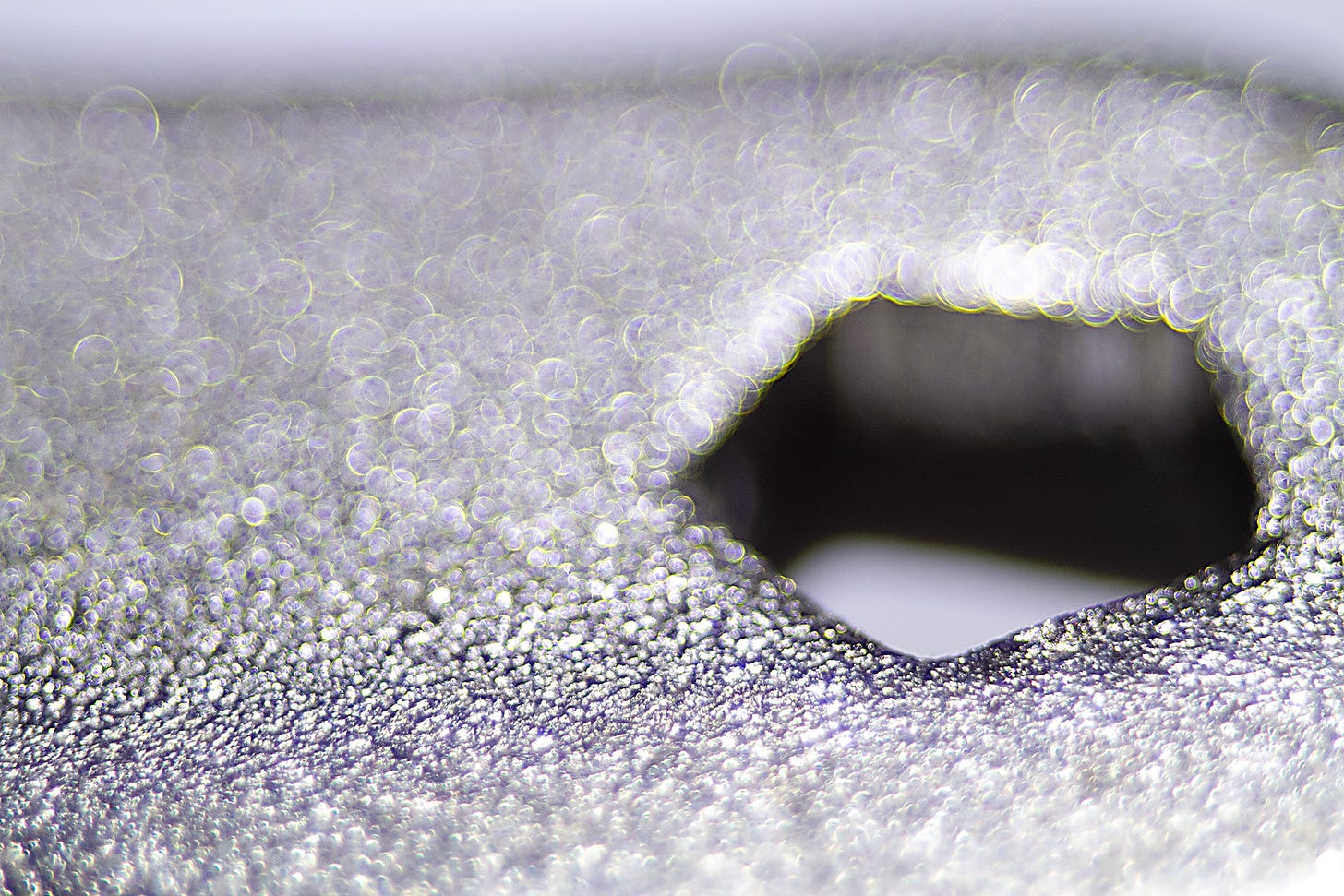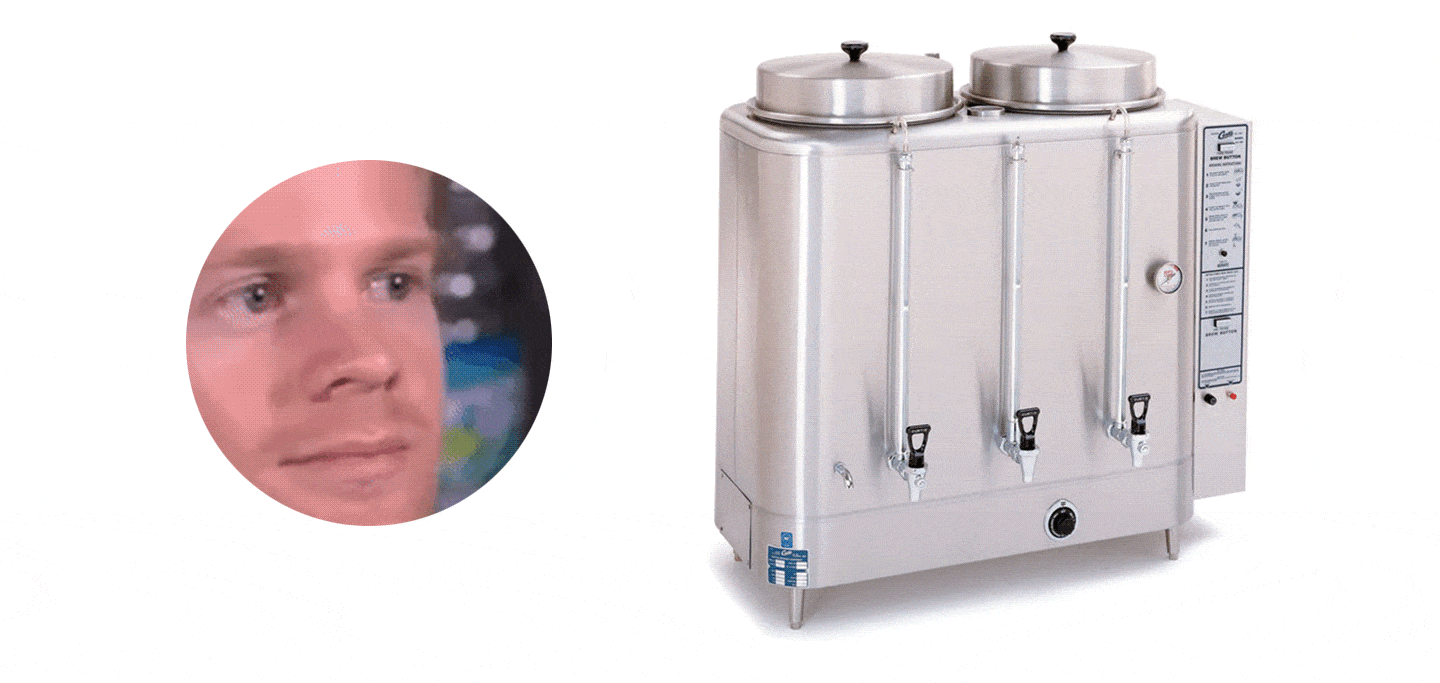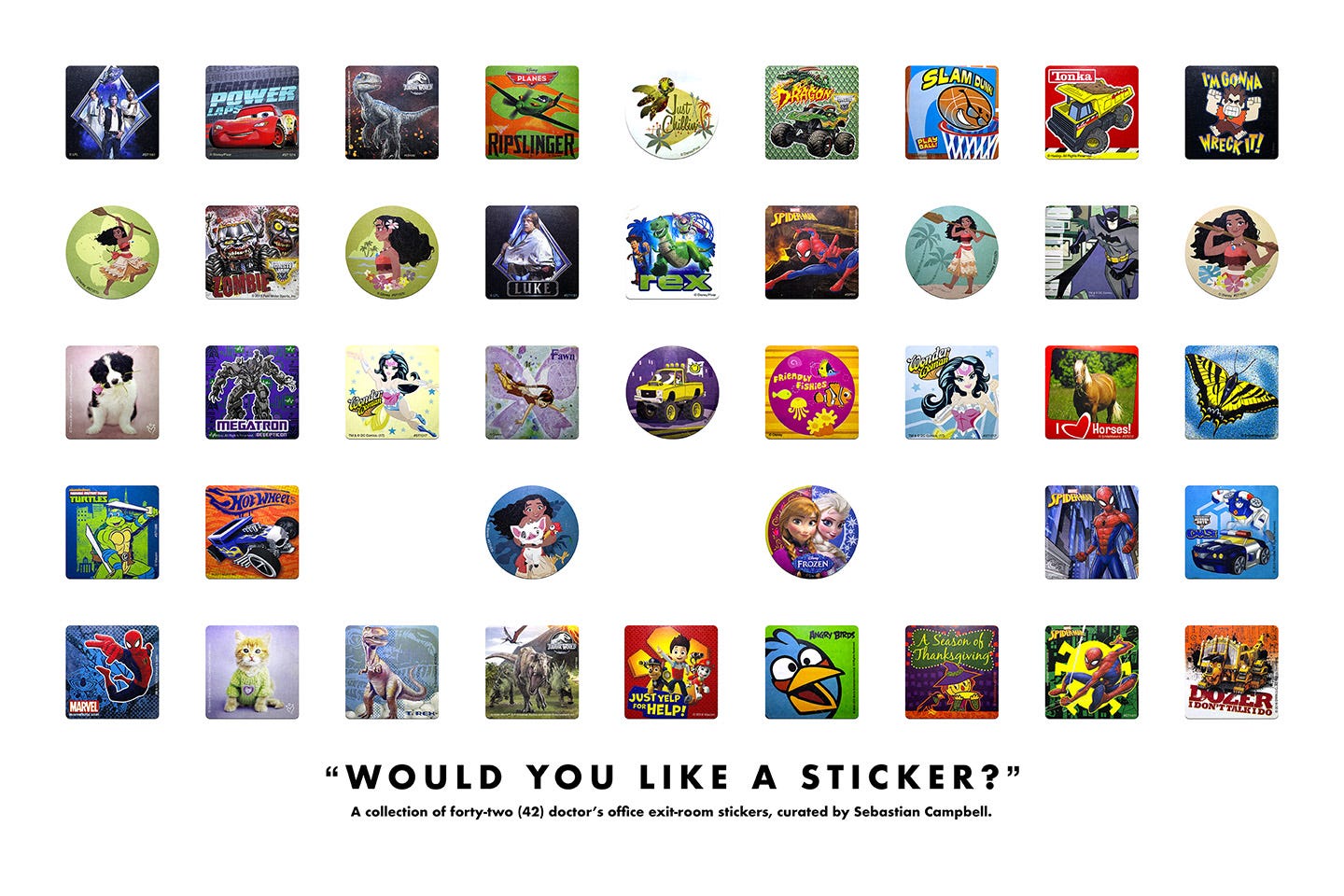Grinding Beans
The allure of scalability falls apart.
Last year I bought a hand-operated single-serving ceramic conical burr grinder. Every morning I grind two tablespoons of coffee beans by spinning a long handle around an aluminum cylinder for ninety seconds. I look ridiculous doing it. It feels longer than ninety seconds. I think it's giving me tendonitis.
There are more efficient ways to grind coffee beans.
Occasionally, I get a little overzealous when I transfer the beans from the tablespoon to the skinny mouth of the cylinder and a few of them escape and hide under the desk. I have to put everything down, scoot the chair out of the way (being careful not to run over the escapees), decide whether or not to tempt fate by using unclean beans, and plink them back in with their friends.
There are more dignified ways to grind coffee beans.
I pour the water, add the sweetener, and when the gurgling arrests after a minute or two I get to enjoy one cup of coffee.
There are more scalable ways to grind coffee beans.
More scalable.
Take a moment to visualize that word. When you hear the word "scalable", what comes to mind?
What comes to my mind are things like factories and assembly lines and fast food restaurants. Billion-dollar industry things.
Scalability is the measure of whether or not a perceived experience can be maintained as you add volume. For example, it takes about five minutes to make one cup of coffee for me - one person - every morning.
Sounds reasonable.
However, if I owned the MGM Grand hotel and my 9,992 guests all wanted a cup of coffee, it would take 832 hours and 40 minutes before the last person in line got theirs. (For the curious, that's 34 days, 8 hours, and 40 minutes. That better be some coffee.)
Clearly, my artisanal methods of highly-sophisticated drip coffee production are not scalable.
So what should I do to fix this? Well, for the beans I'll buy enough to fill a giant barrel, eliminating many trips to the shop. A commercial-grade high-capacity grinder will take care of my tendonitis and grind enough beans to put in the 20-gallon automatic coffee urn.
One tiny problem: there's nothing to fix. I'm not the owner of the MGM Grand, sorry to say, and I make coffee for someone else maybe 5 times a year. That's 1.3% of the time. Yet when I was shopping for a single-serving coffee grinder last year, I spent an unreasonable amount of time worrying about whether or not it was enough. It took me months of putting it on the back burner until I finally relented and asked my wife to get it for my birthday. It costs $30. I've lost that much in the couch, and here I am desperate not to commit the cardinal sin of underestimating my bean-grinding capacity needs.
This is where scalability falls apart. When optimization degenerates into "FUD". Fear, Uncertainty, and Doubt. It turns an honest discussion about potential risk into 4D chess-level bike-shedding.
Humans are a future-oriented species which is why we're able to save money for retirement, skip dessert, and go jogging even though our lifestyles have evolved so chasing our dinner down on foot is optional (at least for most of the world). But that instinct is often a stifling force, leading to FUD and preventing us from getting out of our own way. For me, this is especially true when it comes to creativity.
When I was a kid, I drew for fun. I drew cartoons of my friends, the athletes on my baseball cards, and characters from movies. I drew planes, guns, animals, and houses. I loved drawing, so I drew. Today, every drawing is a goddamn negotiation.
"What benefit will this earn me down the road?"
"Is this something I might be able to sell?"
"Where is this leading?"
"Am I planning on making a series of these and putting them up in a gallery?"
"Could I make these into stickers?"
"What if I go through all the trouble and no one buys any?"
"Am I going to post this on social media?"
"Which platform?"
"Should I film myself drawing so I have more content?"
What the hell, man... Draw The Thing, asshole!
Every creative decision is now laced with scalability questions. This newsletter you're reading right now is a treasure trove of FUD.
"Do I publish every ten days? Every week? What if no one reads it? What's my end goal? What's the point? Who in their right mind would enjoy what comes out of your idiot brain??"
Don't answer that last one.
So what's the answer? How do I fight against the muzzling effects of over-analysis?
Shipped. Work.
You know when you're watching a show and you see a performer you recognize, but you're not sure if they were in the other show you're thinking of, so you hop on IMDB to take a look? Whenever I do that, I end up in their timeline:
See all that? That's all shipped work. Not stuff he's thinking about doing, or stuff he might get around to doing. All that work is done and dusted. Shipped.
If I want my timeline to look like that next year (and I do), I can't be wasting energy dicking around with FUD. I need to decide today what I'm shipping this month and get to work.
And this approach is already bearing fruit. When one of my kids was younger, he was at the doctor's a lot. Every time we checked out of the office, he got a sticker. Sometimes he peeled off the backing and slapped the sticker on his chest, but most of the time he wanted to hand me the sticker as soon as we got in the car for safe-keeping. I eventually realized I had dozens of doctor's office stickers in my center console and I thought it'd be cool to make a poster. That simple idea has been floating around in my head for YEARS. This year, I decided to make it a line item on my creative IMDB. Boom. Shipped.
Amazingly, however, and despite my aversion to the paralysis I get thinking about scalability, the application of its concepts is inevitable. I was thinking more about my unscalable coffee example and I realized my subconscious already went behind my back and did some optimizing. Do I pour an arbitrary amount of beans into the grinder? Of course not. I measure out 2 tablespoons. Do I unplug the coffee maker every morning, bring it over to the sink, and guesstimate the amount of water to put in? No, that would be dumb. I have a measuring cup and I use precisely 16 ounces for every cup. Same goes for the sweetener. 1 packet, every time.
The key here, as with most things, is striking a balance between giving something zero thought before doing it vs. thinking so much about all the possible outcomes that you don't even start the work. The goal is to ship. And to ship, you have to put something on the paper. If I'm spending more than a few minutes hovering the pencil above my paper, I'm pulling the circuit breaker:
"I'll figure all that out later. It's time to ship."







A fun read! Nice work, Tim.